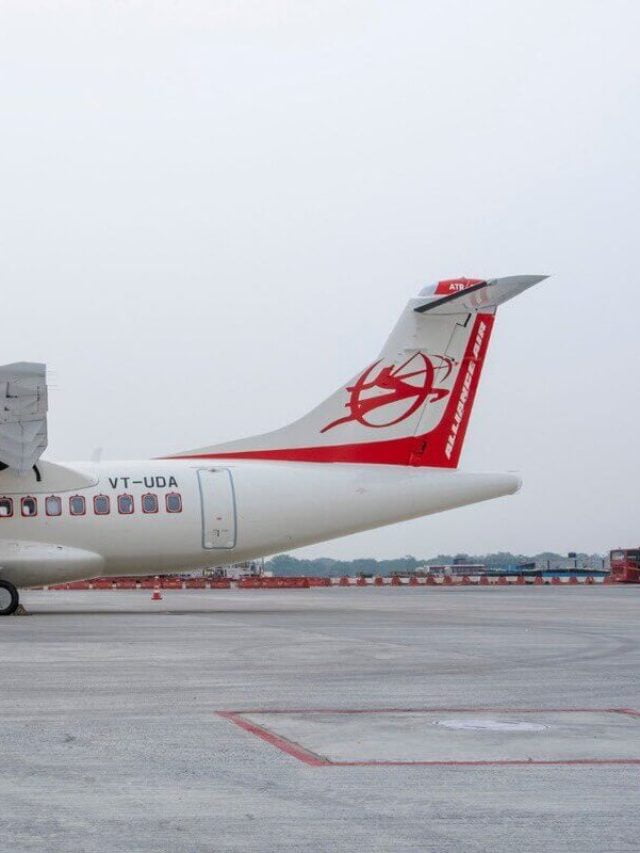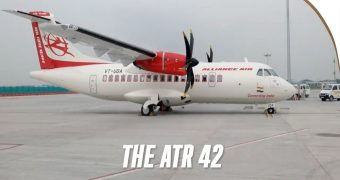
The airline companies of the Tata group - Air India, AirAsia India and Vistara, signed a Memorandum of Understanding with the Council of Scientific and Industrial Research - Indian Institute of Petroleum on Thursday to collaborate and work together on the research, development and deployment of Sustainable Aviation Fuels (SAFs).
Focus on Sustainable Aviation Fuel (SAF) and Related Areas:
The focus of the MoU is the exploration of Single Reactor HEFA Technology for Drop-in liquid Sustainable Aviation and Automotive Fuel (DILSAAF). The MOU also outlines the intent of the signatories to work together in a variety of other areas related to sustainable aviation.
1.5 degree Celsius Goal:
The impact of continued use of petroleum-derived fuel for aviation is considerable with greenhouse gas and carbon emissions being of significant concern across the globe. The International Air Transport Association (IATA) has committed to achieving net-zero carbon emissions from their operations by 2050 in line with the objectives of the Paris agreement to limit global warming to 1.5 degrees celsius.
Also Read: Air India Unveils Its Transformation Plan Vihaan.AI
IATA has committed to achieving net-zero carbon emissions:
According to IATA, the aviation industry’s net-zero carbon emissions target is focused on delivering maximum reduction in emissions at source, with the adoption of Sustainable Aviation Fuel (SAF) contributing around 65% of the reduction in emissions, in addition to innovative new propulsion technologies, and other efficiency improvements.
SAF:
Sustainable Aviation Fuel is made from sustainable resources, such as forestry and agricultural waste and used cooking oil and can be blended with fossil jet fuel to reduce emissions. It is a ‘drop-in’ fuel, meaning it can be added with no changes needed to the aircraft.
Role of CSIR-IIP:
CSIR - Indian Institute of Petroleum is located at Dehradun and dedicated to R&D in the hydrocarbon sector. Its charter is to provide competitive and sustainable technologies and products to meet the requirements of the ever-growing energy sector and develop capacity and capability in new energy areas such as bio, hydrogen and solar energy and their innovative combination.
Tata Sustainability Group:
The Tata Sustainability Group (TSG) serves as a Centre of Excellence and nodal resource on sustainability for Tata group companies. It has, since its formation in 2014, been partnering with Tata group companies to embed sustainability in their business strategies and transition them to a low carbon scenario. Now, the collaboration on Sustainable Aviation Fuels is being coordinated by TSG working closely with the Tata Airline Companies and CSIR-IIP.
The Tata Group has recently outlined a transformative vision on sustainability, which envisages the Group becoming Net Zero by 2045. The group has been ranked as the top Sustainability Leader in Asia Pacific and the only Asian company to appear among the top 15 corporates globally as per the GlobeScan Sustainability Leaders Survey, 2022.














